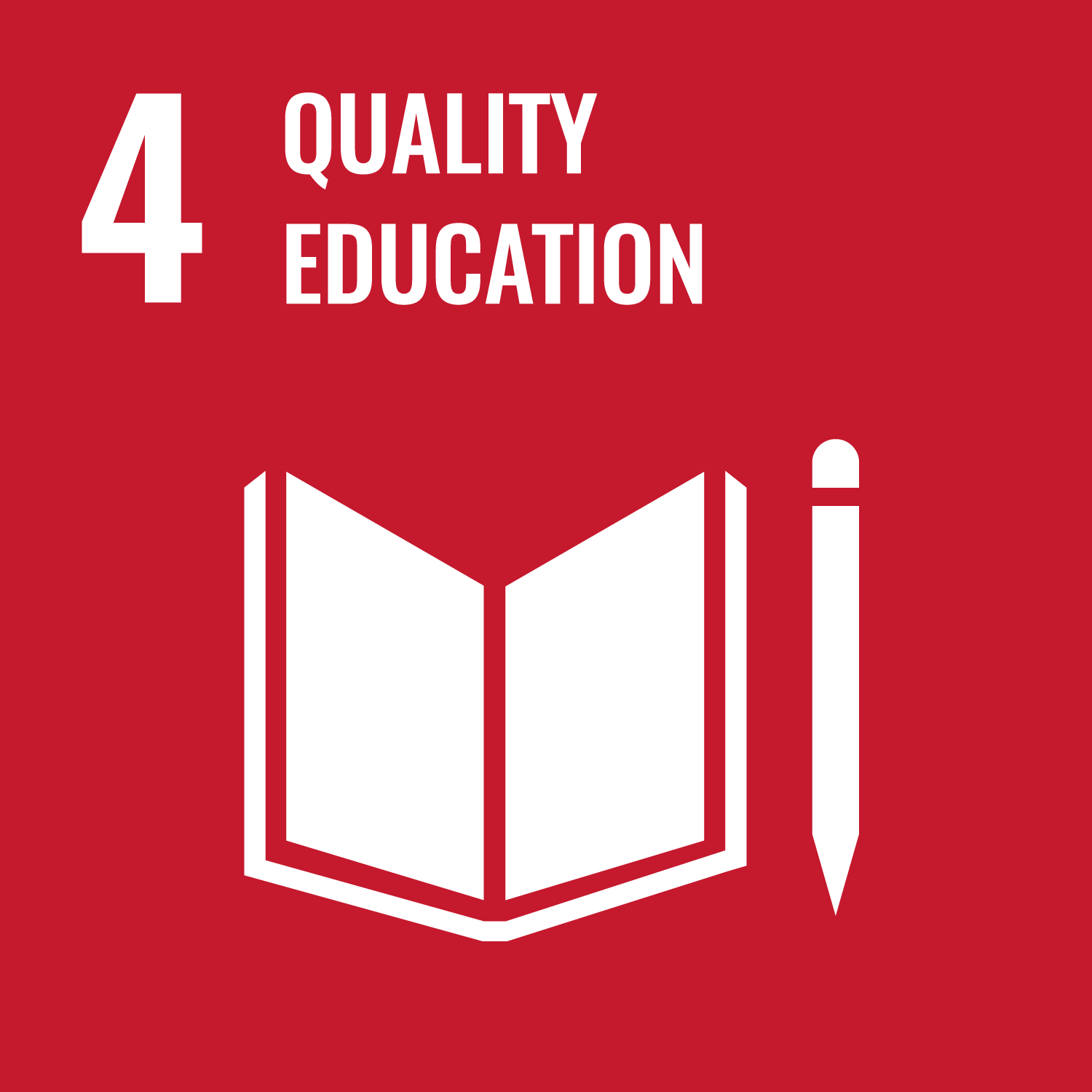ORCID
- Richard Byng: 0000-0001-7411-9467
Abstract
Background Contemporary general practice includes many kinds of remote encounter. The rise in telephone, video and online modalities for triage and clinical care requires clinicians and support staff to be trained, both individually and as teams, but evidence-based competencies have not previously been produced for general practice. Aim To identify training needs, core competencies, and learning methods for staff providing remote encounters. Design and setting Mixed-methods study in UK general practice. Method Data were collated from longitudinal ethnographic case studies of 12 general practices; a multi-stakeholder workshop; interviews with policymakers, training providers, and trainees; published research; and grey literature (such as training materials and surveys). Data were coded thematically and analysed using theories of individual and team learning. Results Learning to provide remote services occurred in the context of high workload, understaffing, and complex workflows. Low confidence and perceived unmet training needs were common. Training priorities for novice clinicians included basic technological skills, triage, ethics (for privacy and consent), and communication and clinical skills. Established clinicians’ training priorities include advanced communication skills (for example, maintaining rapport and attentiveness), working within the limits of technologies, making complex judgements, coordinating multi-professional care in a distributed environment, and training others. Much existing training is didactic and technology focused. While basic knowledge was often gained using such methods, the ability and confidence to make complex judgements were usually acquired through experience, informal discussions, and on-the-job methods such as shadowing. Whole-team training was valued but rarely available. A draft set of competencies is offered based on the findings. Conclusion The knowledge needed to deliver high-quality remote encounters to diverse patient groups is complex, collective, and organisationally embedded. The vital role of non-didactic training, for example, joint clinical sessions, case-based discussions, and in-person, whole-team, on-the-job training, needs to be recognised.
DOI Link
Publication Date
2024-01-01
Publication Title
British Journal of General Practice
Volume
74
Issue
738
ISSN
0960-1643
Acceptance Date
2023-08-30
Deposit Date
2024-11-12
Additional Links
Keywords
e-consultations, general practice, knowledge, remote consultation, training needs, video consultations, Clinical Competence, Anthropology, Cultural, Family Practice, Humans, General Practice, Surveys and Questionnaires
First Page
17
Last Page
26
Recommended Citation
Greenhalgh, T., Payne, R., Hemmings, N., Leach, H., Hanson, I., Khan, A., Miller, L., Ladds, E., Clarke, A., Shaw, S., Dakin, F., Wieringa, S., Rybczynska-Bunt, S., Faulkner, S., Byng, R., Kalin, A., Moore, L., Wherton, J., Husain, L., & Rosen, R. (2024) 'Training needs for staff providing remote services in general practice: a mixed-methods study', British Journal of General Practice, 74(738), pp. 17-26. Available at: 10.3399/BJGP.2023.0251


